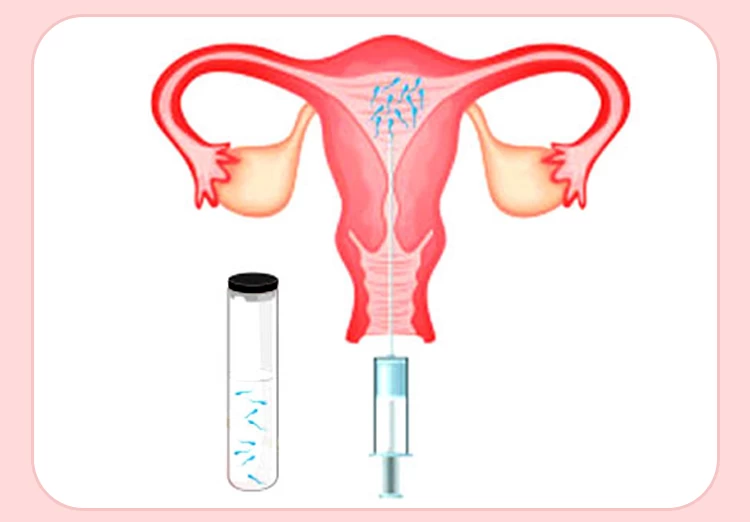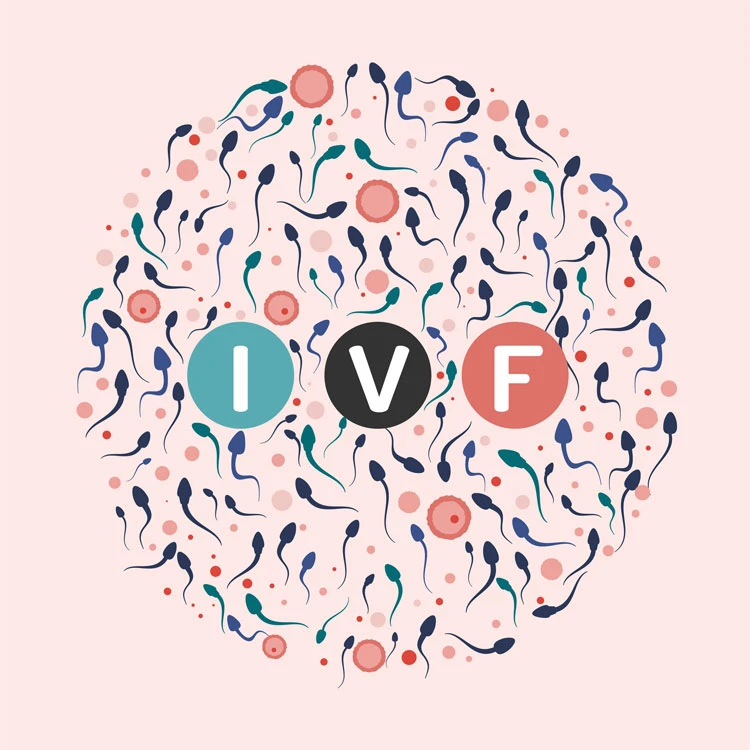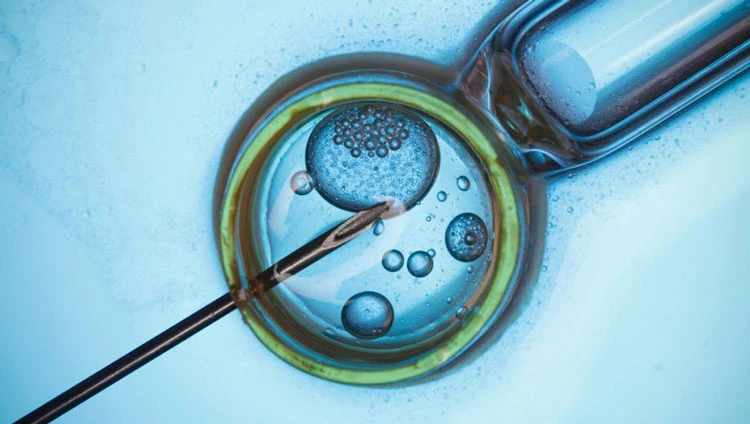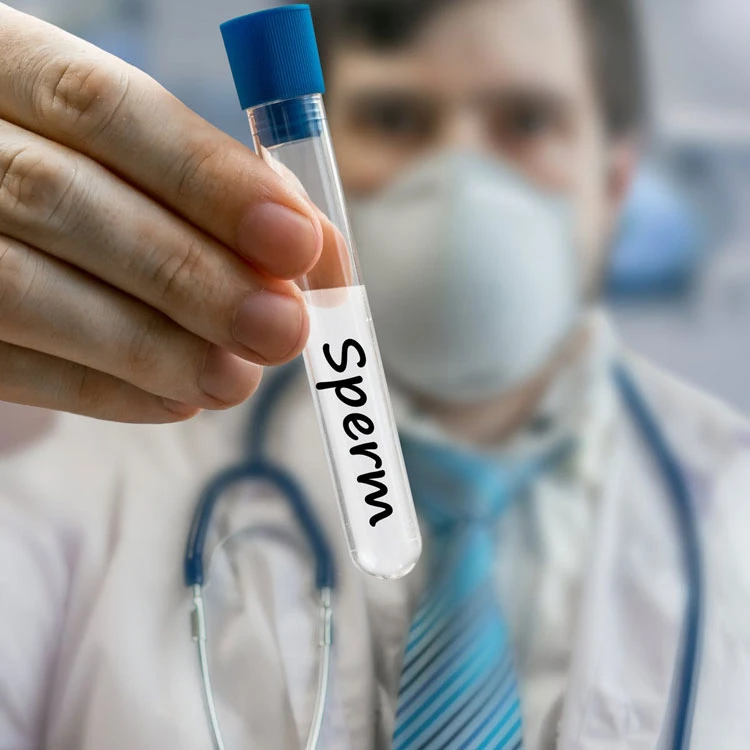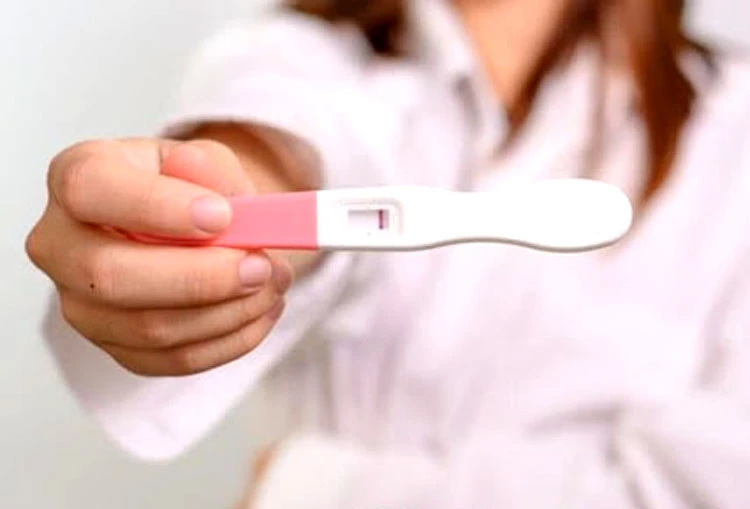In Iran, surrogacy is carried out under specific religious and legal frameworks and is only permitted under legal conditions and the supervision of fertility centers. This method allows infertile couples to have a child, but adherence to the legal and religious regulations for the donor, surrogate mother, and the intended family is essential. This article examines the laws, medical procedures, and necessary conditions for surrogacy in Iran, providing prospective parents with the information needed to make informed decisions.
IUI is used for couples who have uterine issues or poor sperm parameters. Before this treatment, you need to perform several examinations, inject drugs, avoid unhealthy habits, and eat nutrients to increase your pregnancy chance. The IUI procedure involves four steps and takes almost two weeks. The result of this fertility treatment is determined 15 days after sperm insemination through a blood test.
IVF is the most popular type of assisted reproductive technology, which involves seven steps in total, from taking hormone medications to preparing the womb for carrying the baby to the embryo transfer procedure.
Surrogacy is a type of fertility treatment that helps women with uterine problems, endometriosis, and pelvic inflammatory diseases to have children. IVF with surrogacy is quite expensive and is prohibited in some countries; that's why some couples travel abroad to get this treatment at a fair price. The cheapest countries for surrogacy in 2024 are Iran and Turkey.
ICSI is a perfect treatment for couples whose infertility is mostly associated with sperm parameters, like low sperm count and abnormal shape of the sperm. In this method, a healthy sperm is directly injected into the center of an egg to fertilize it. The resulting embryo is then transferred into the mother's womb. The success rate of ICSI depends on several factors, but generally, it ranges between %70 and %85.
In IVF with donor sperm, the specialist fertilizes the intended mother’s egg with the sperm of a donor who has high-quality sex cells and no genetic diseases. This method is usually used when the male partner has azoospermia, an inherited disorder, or a chromosomal abnormality. The success rate of IVF with donor sperm ranges between %60% to 80, while this number is lower in IUI with sperm donors.
There are multiple treatments for infertility, including taking medications, IVF, IUI, ICSI, GIFT, and ZIFT. The period and success rate of these treatments depends on the cause of infertility and its duration. Generally, each IVF cycle takes 6-8 weeks, IUI takes four weeks, and ICSI takes 4-6 weeks.
IVF with donor eggs can help women with diminished ovarian reserve and poor egg quality to get pregnant. This treatment initiates with screening the egg donor and ends with transferring the embryo into the uterus. If the intended mother has a uterus or fallopian tube problem as well, the couple can use the surrogacy method.

